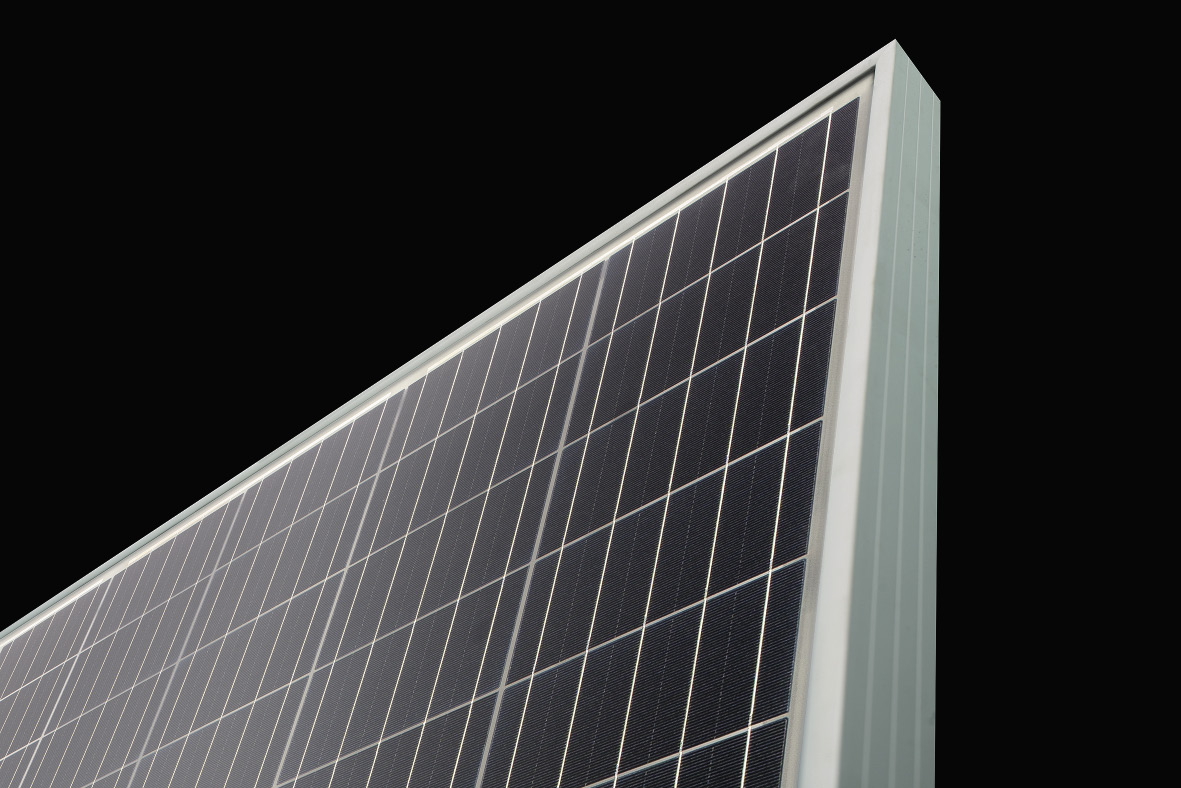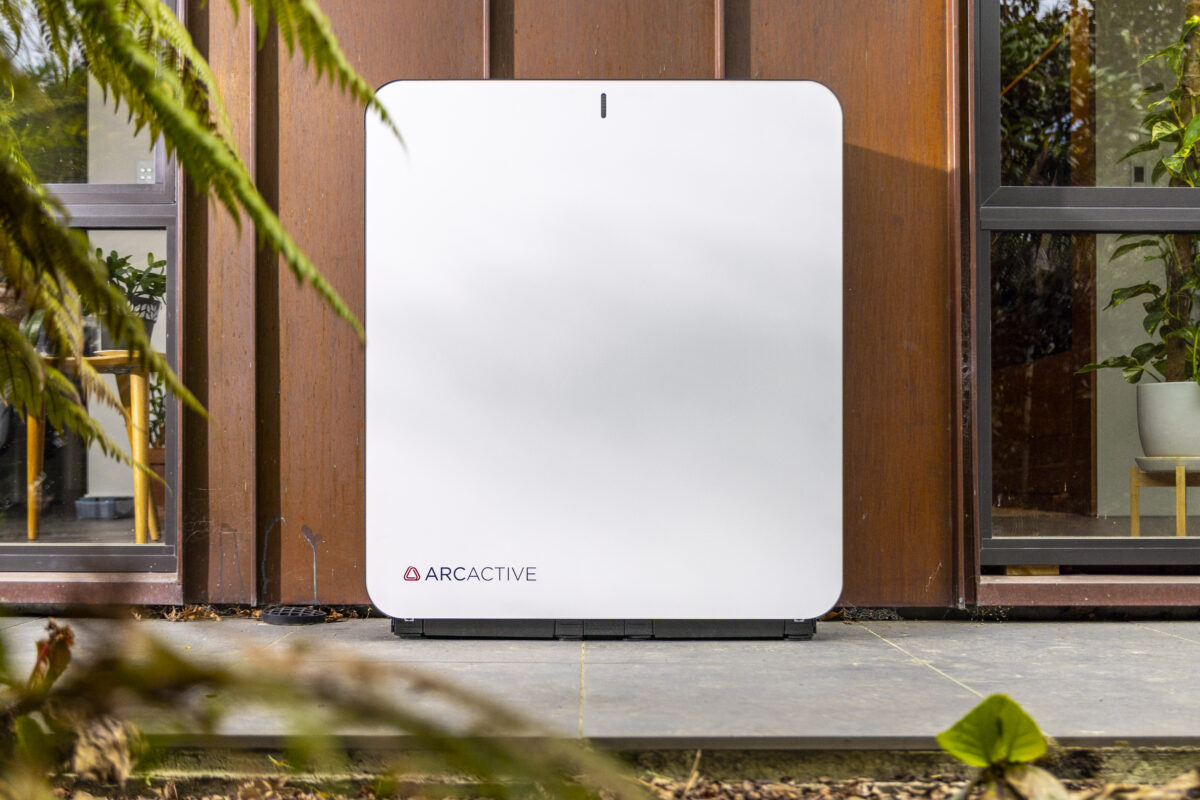From pv magazine Global
Chinese solar giant JinkoSolar appears to have swum against the tide on panel pricing in the last three-month window, according to its latest quarterly update.
Jinko’s peers have dealt with ever more expensive raw material polysilicon – and runaway shipping costs – by passing on the expense to customers in the form of more pricey products, citing the fact rampant demand worldwide has done little to dim enthusiasm for solar.
In the third-quarter update issued by Jinko today, in fact, chairman and CEO Xiande Li wrote: “Due to the transition to renewable energy in most regions of the world; the increase in electricity prices; financing support; and other favourable policies, clients are more willing to accept higher module prices.”
Lower down the earnings statement, however, a note added to explain why gross margin had fallen in the July-to-September period cited a “decline in the average selling price of solar modules in response to the intensified market competition globally.” Reducing prices while everyone else is raising them could help explain why Jinko doubled the extent of its slice of the Chinese module market between the second and third quarters and why it hopes to achieve more than 50% growth in annual shipments next year.
Whatever the pricing strategy, Jinko is forging ahead with production capacity expansion, perhaps not surprisingly after the company saw solar cell manufacturing costs fall more than 10% in Q3 after the more-than-7 GW of production lines it switched on in the previous window were cranked up to full capacity.
With 31 GW of annual wafer manufacturing capacity online at the end of September, plus 19 GW of cell lines and 36 GW of module facilities, Jinko plans to raise those numbers to 32.5 GW, 24 GW, and 45 GW, respectively, by the end of next month. Of the cell production lines, 940 MW were devoted to manufacturing the company’s n-type, high efficiency components and Jinko wants that number to leap to 16 GW in the first three months of the new year.
The manufacturer also trailed the fact its 7 GW monosilicon wafer production fab in Vietnam is due online within the next four months, and would give it the same volume of joined up wafer, cell and module facilities outside China.
In terms of the numbers, Jinko shipped 4,993 MW of product in the last quarter, including 4,671 MW of modules. That was slightly less than it shifted in April-to-June thanks to “logistical issues and blockages.” The company expects to move another 7-8.5 GW of modules in the current window – and total solar system shipments of 7.3-8.8 GW – for an expected full-year figure of 22.8-24-3 GW.
Income
Third-quarter revenue came in at RMB8.57 billion (US$1.19 billion) – up 8.1%, quarter on quarter – for a gross profit of RMB1.3 billion (US$180 million), and net income of RMB194 million (US$26.9 million), almost treble the figure recorded in April-to-June. Jinko anticipates it will generate revenue of $1.8-2.2 billion (US$250-305 million) for the full year.
Although the company balance sheet took a hit to the tune of almost RMB11 billion (US$1.53 billion) less in total assets since the end of 2020, that was almost counterbalanced by a RMB10 billion (US$1.39 billion) fall in total liabilities.
And the directors also offered up their thoughts on polysilicon, described as “currently in its most severe shortage,” by stating: “We expect polysilicon supply will gradually return to sufficient levels, starting next year.”
This content is protected by copyright and may not be reused. If you want to cooperate with us and would like to reuse some of our content, please contact: editors@pv-magazine.com.









By submitting this form you agree to pv magazine using your data for the purposes of publishing your comment.
Your personal data will only be disclosed or otherwise transmitted to third parties for the purposes of spam filtering or if this is necessary for technical maintenance of the website. Any other transfer to third parties will not take place unless this is justified on the basis of applicable data protection regulations or if pv magazine is legally obliged to do so.
You may revoke this consent at any time with effect for the future, in which case your personal data will be deleted immediately. Otherwise, your data will be deleted if pv magazine has processed your request or the purpose of data storage is fulfilled.
Further information on data privacy can be found in our Data Protection Policy.